Learn strategies and abductive methods for key challenges in the synthesis stage of research and design projects. Overview This video has been edited to protect the privacy of participants in the live tutorial....


Learn strategies and abductive methods for key challenges in the synthesis stage of research and design projects. Overview This video has been edited to protect the privacy of participants in the live tutorial....
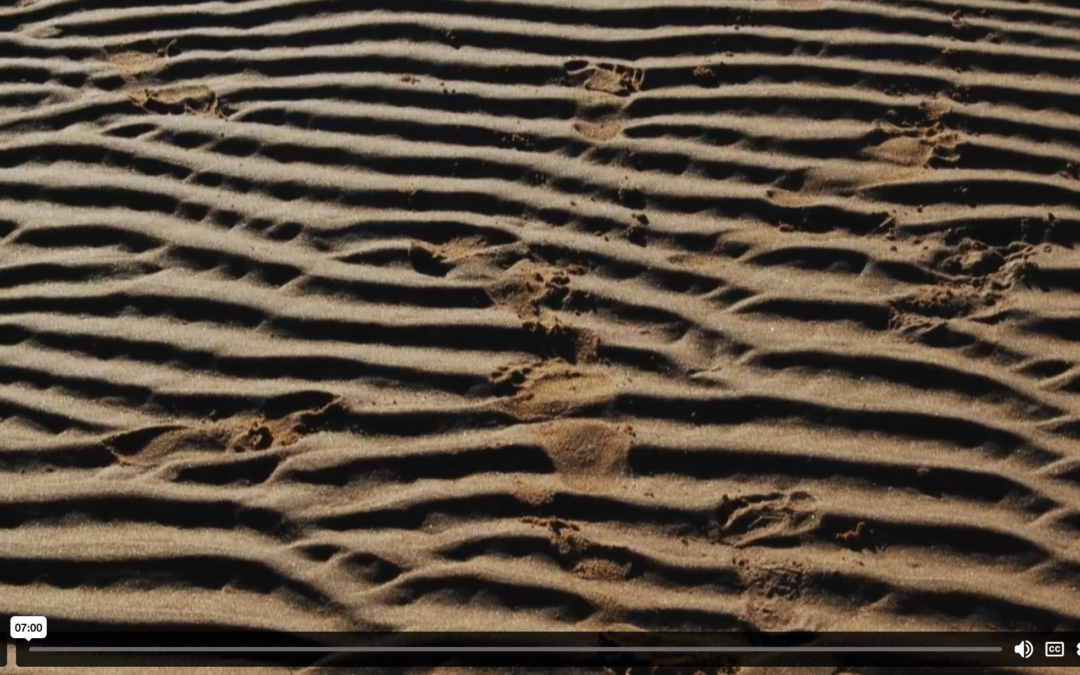
Resilience can be a tremendous asset to any individual’s ability to carry on despite difficulties. At the same time, revering resilience without a healthy amount of respect for emotional vulnerability—by which I...
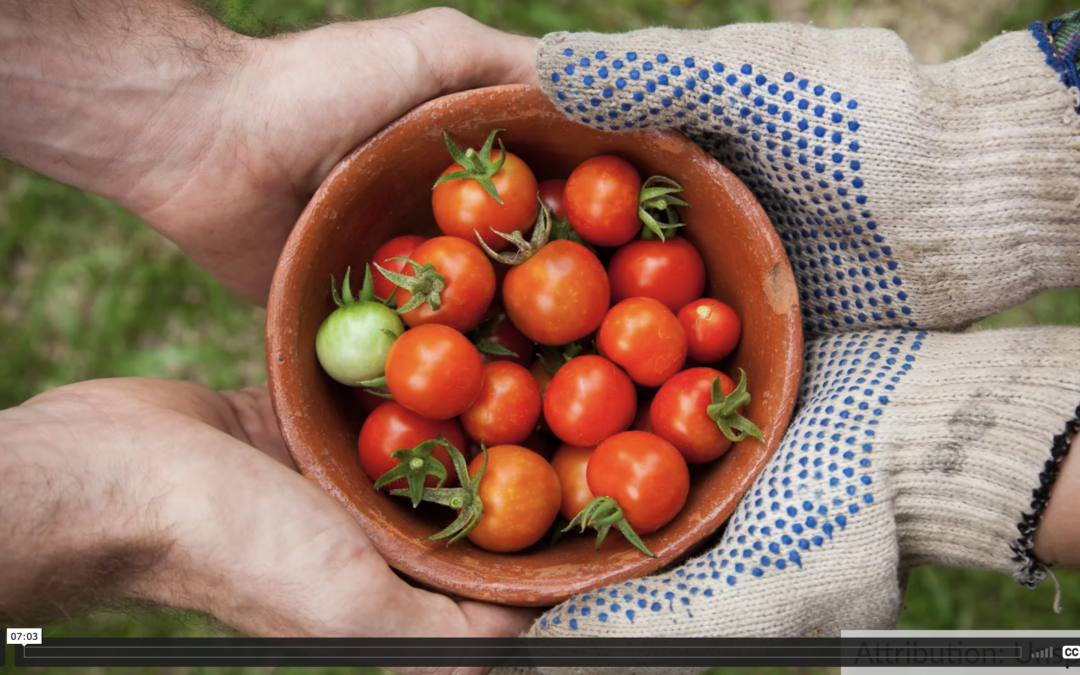
PechaKucha Presentation—Unprecedented. Unprecedented. Unprecedented. How often did we hear that word at the onslaught of the Covid-19 pandemic? But was it really unprecedented? We’ve been warned for years that a pandemic was imminent. We know the world has been devastated by them in the past. So...
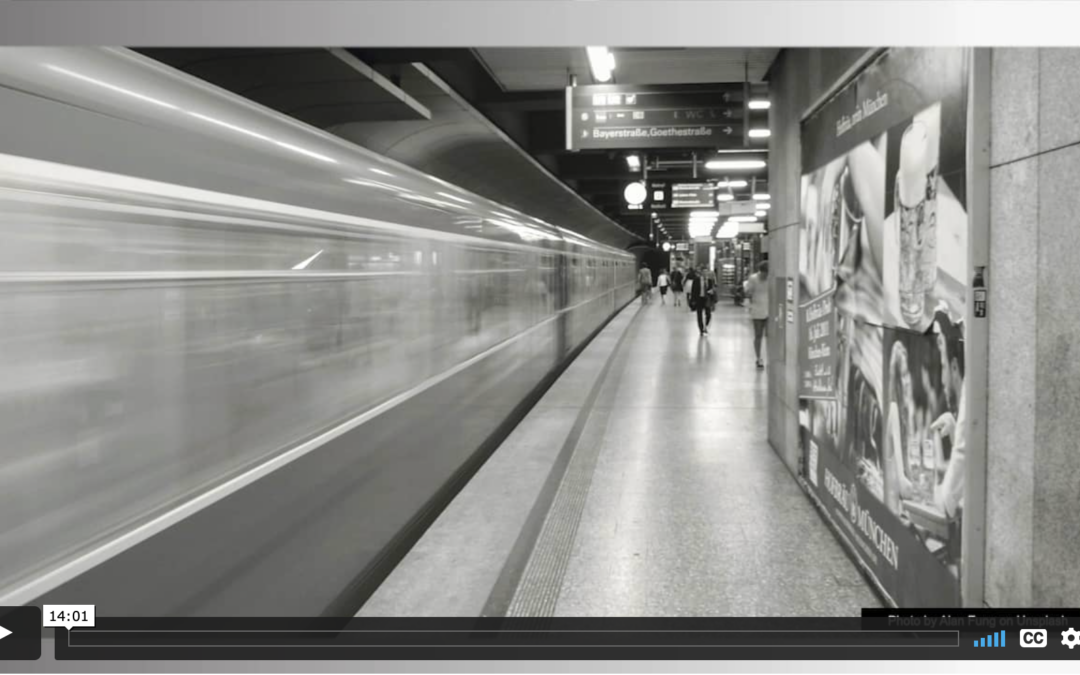
Questions of scale permeate current approaches to empathy in applied human-centered work—and especially design thinking—but they have remained largely unquestioned. What is more, empathy has become an empty signifier, and empathizing is often a near-formulaic and pro-forma endeavor. To catalyze a...
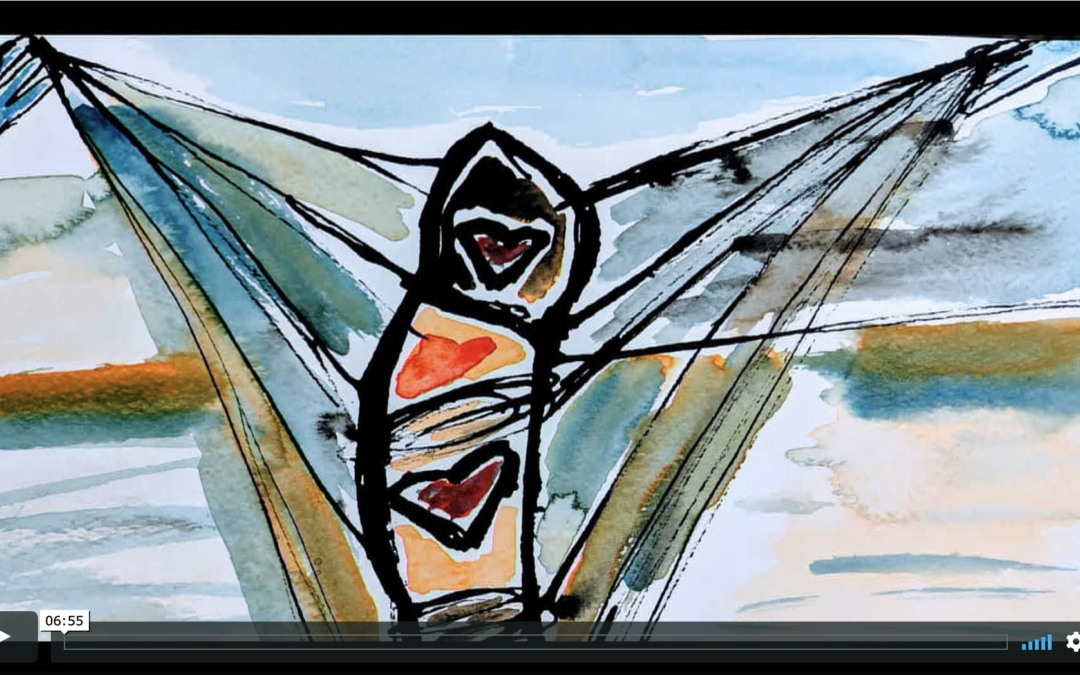
PechaKucha Presentation A researcher who used to combine “thinking + feeling” lines on a journey map found herself on the feelings frontier by widely exploring new innovations in neuroscience, psychology, and mind-body connection, alongside the resurgence in popularity of “old” ways of healing –...
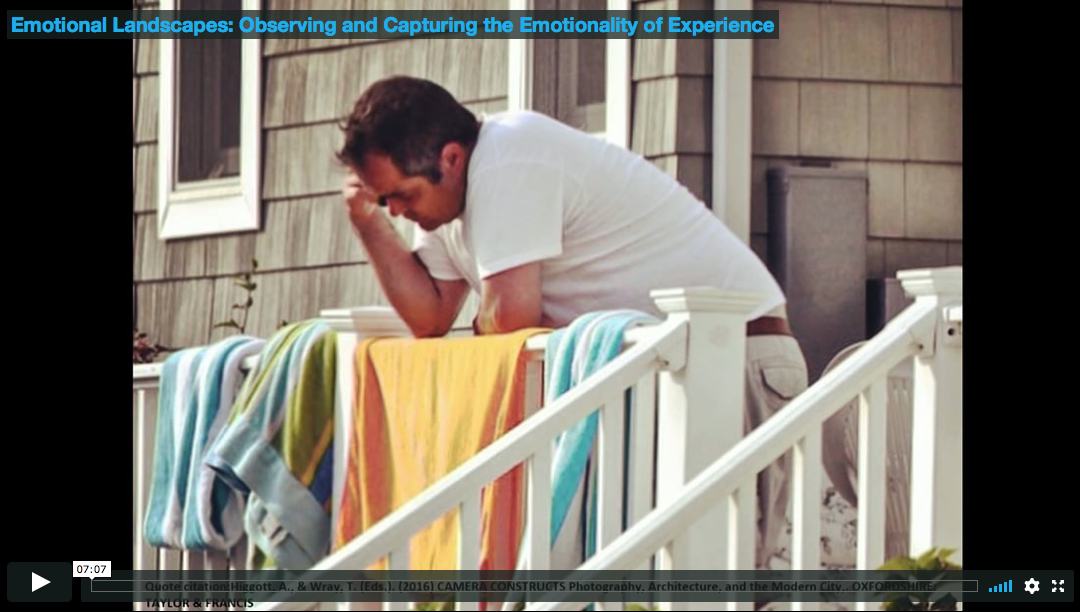
PechaKucha Presentation This Pecha Kucha details how the imperative to employ visual thinking in doing ethnographic research work led to a fascination with capturing, through photography, the unguarded, natural emotions people express in their daily lives. It explores the differences in meaning...
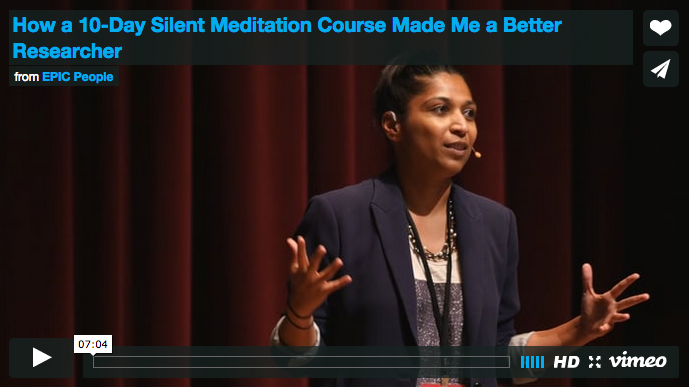
PechaKucha—This talk is an illustration of my journey from being a dejected, sole researcher in a chaotic 300 person startup to a place where I learned not only how to be a better interviewer, but also a more effective and influential employee. Shipra Kayan has over a decade of experience as a...
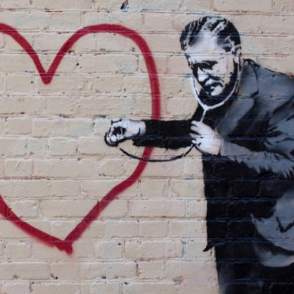
In the early 1970s, Nick Lowe wrote a song from the perspective of an old hippie character. This character laments change as he witnesses the cultural pendulum swing from the peace and love 60s into the hard-edged 70s. It’s not clear whether Lowe—or Elvis Costello, who later recorded the...
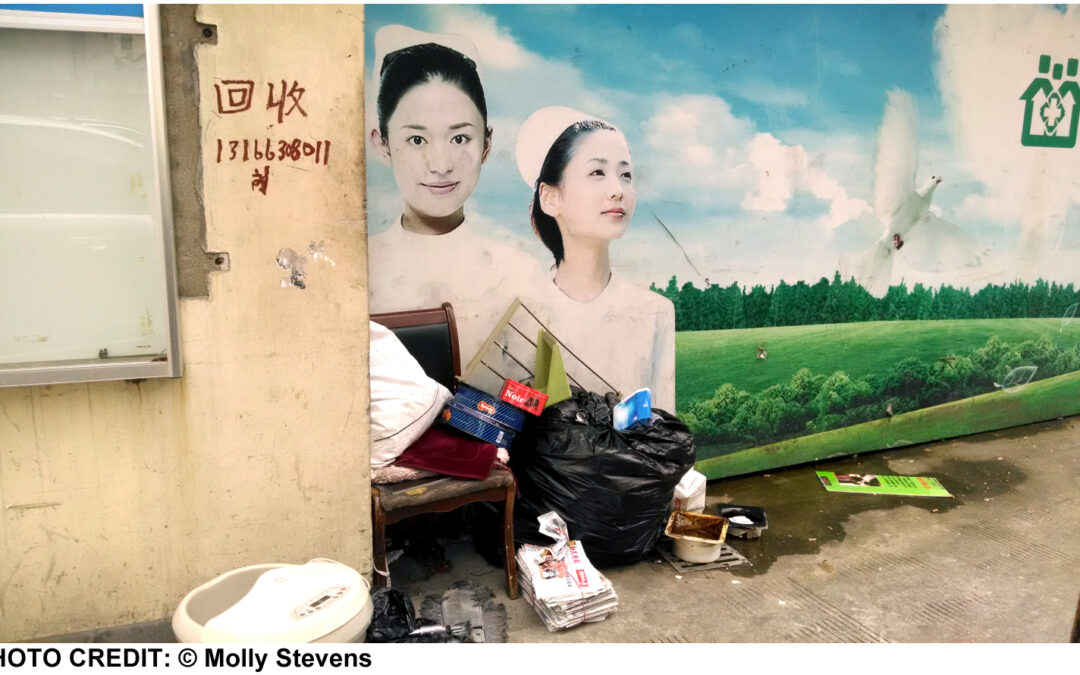
Are we really connected to the steps and act of recycling and reuse? Is the modern American vision for recycling too clean and removed from the reality of our waste? Images are a series of observations about a single example of community, value-based recycling from Shanghai. The images challenge...

In the quest for engaging ethnographic insight in organizations on a more fundamental level than mere ‘innovation drivers’, theatre offers ways of triggering a change in conversations through emotional engagement. This paper discusses the impact of using theatre with professional actors to convey...